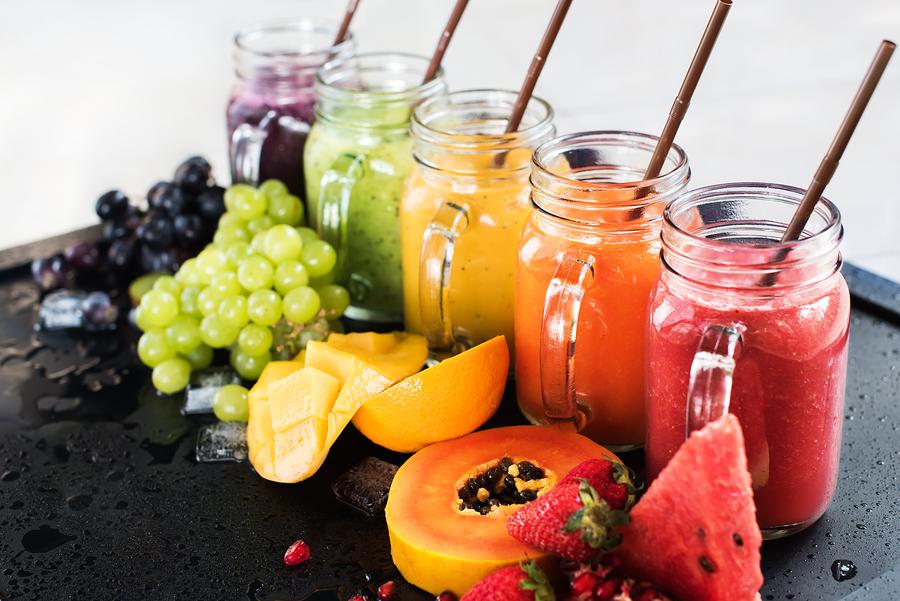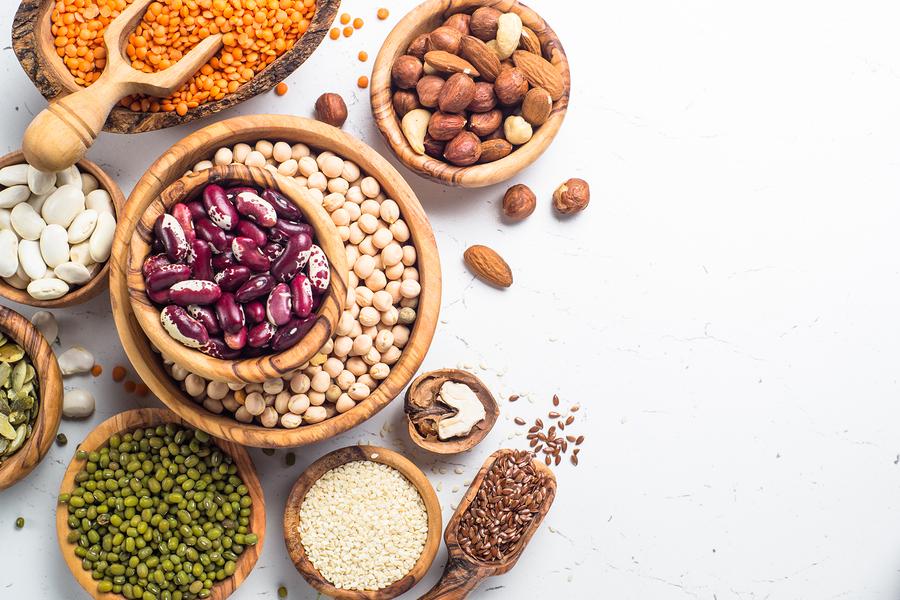There are many myths and misconceptions surrounding digestive health, and even experts have varying opinions on what the best way is to encourage optimum digestion.
Today we are going to take a look at some widely accepted ways that you can support your digestive health.
One of the most common reasons that people accidentally sabotage their digestive health is by believing that all foods that are considered to be healthy for the body in general are also good for digestive system. This is simply not always the case and can also vary from person to person.
If you are currently suffering from some kind of ongoing digestive complaint, then keeping a strict food diary and noting your symptoms each day can help you to get to the root of the issue. Once you identify possible culprits, then you can experiment with eradicating them from your diet. Continue to keep a note of your diet and of any digestive discomfort experienced during this time.
Water
There is conflicting advice as to whether drinking water during a meal aids or hinders the digestive process. Some sources claim that drinking water dilutes the gastric juices in the stomach, slowing down the rate at which your body digests food. Those same sources often suggest that you shouldn’t drink water up to 30 minutes before or after eating a meal.
On the other hand, some claim that drinking water with food can increase the rate of digestion. In this case it is suggested that water helps to break food down, giving your body more of a chance to absorb the nutrients within.
Drinking an adequate amount of water each day will help to ensure the optimum function of the digestive system. It is typically suggested that we all consume around 64 ounces of water a day. However, slightly exceeding this amount could further aid the digestive system.
This water can be obtained from any kind of fluid, and can also come from the food that you consume. It is so easy to carry a small bottle of water around with you, and to sip from it often each day that there is no excuse for not staying adequately hydrated throughout each and every day!
Additionally, some experts believe that drinking a glass of water before a meal can help you to feel full, and therefore make it less likely that you will overindulge.
Smoothies
Starting the day with a smoothie is a popular breakfast choice. However, introducing cold foods into your system at this time of the day can actually hinder how well your digestive system gets going. The same is true of raw foods, which the majority of your smoothie ingredients are likely to be.
Beginning the day with warm food is a much better choice if you want to kick-start your digestion. If you simply can’t imagine getting into the day without your smoothie first, then you may try using some cooked ingredients that have then been cooled, such as certain vegetables. You can also try adding spices and herbs to your smoothie that are warming to the body, such as ginger and turmeric.
Always making sure to include an adequate dose of fibre in your smoothie will help to boost your digestive health. Good choices for you may include oats, berries, bananas, apricots, and prunes.
Lectins
Lectins are compounds that can damage the lining of the gut, and therefore compromise your digestive health.
Foods that are high in lectins include legumes, beans, lentils peanuts, eggplant, peppers, tomatoes, and potatoes.
Over-consumption of lectins can lead to lectin resistance. This can confuse the signals that help your brain to understand that your body is full. When this happens, then it becomes much more likely that you will eat beyond the necessary amount, leading to weight gain and other associated health problems.
Saponins
Saponins can damage certain cells in the gut that are key to controlling what gets in and out.
Foods that are high in saponins include beans, soya products, quinoa, onions, garlic and asparagus.
If you regularly consume foods that are high in saponins then there is some concern that you may cause damage to your intestinal tract over time. However, this is disputed by some and ongoing research is necessary.
Phytic Acid
Phytic acid is indigestible by humans. When consumed, it binds itself to minerals in food and works to prevent the body from absorbing these minerals. Phytic acid is also known to disrupt the presence of digestive enzymes.
Foods that are high in phytic acid include beans, nuts and legumes.
If you consume a food that is nutrient dense, but that also contains high levels of phytic acid, then it is unlikely that your body is going to be able to absorb and utilise those nutrients.
Better Digestion for Better Health
For more of our top tips on living a life that supports your digestive health, check out a previous article on the topic!
References
1) https://www.sciencedirect.com/topics/pharmacology-toxicology-and-pharmaceutical-science/saponins
Related Posts
Cigarettes May Inhibit Inflammation Treatments
Axial spondyloarthritis, also known as AxSpa, is a chronic…










